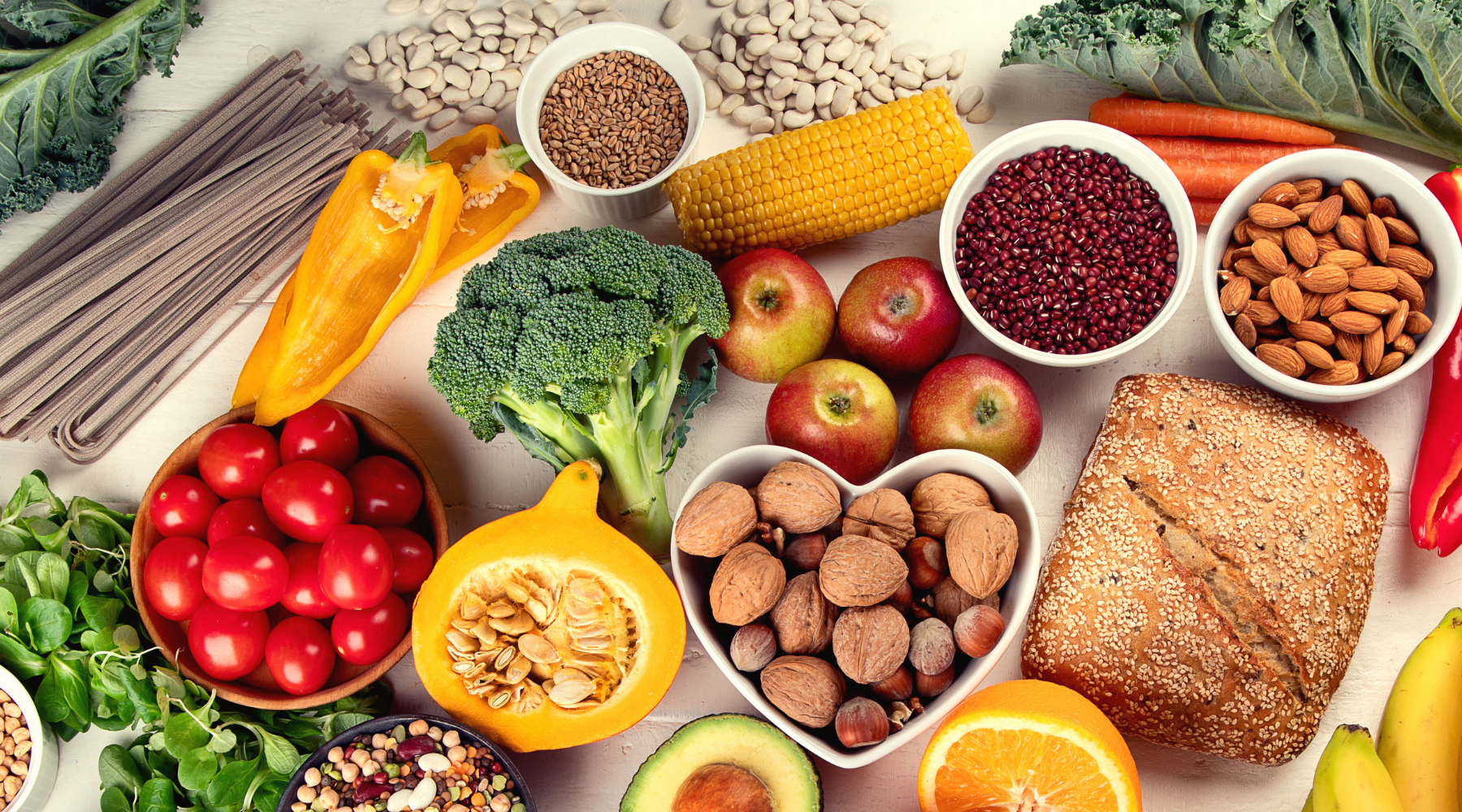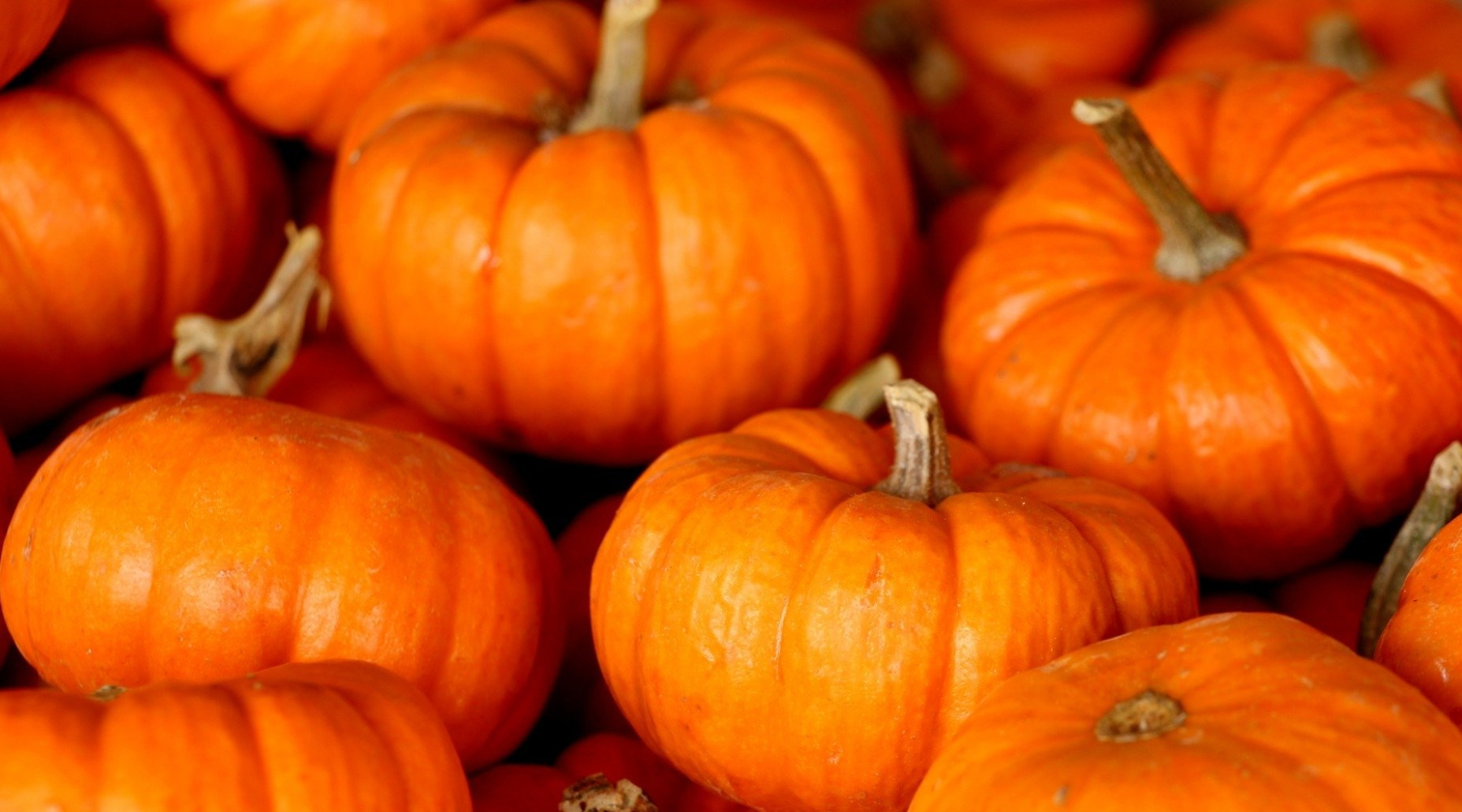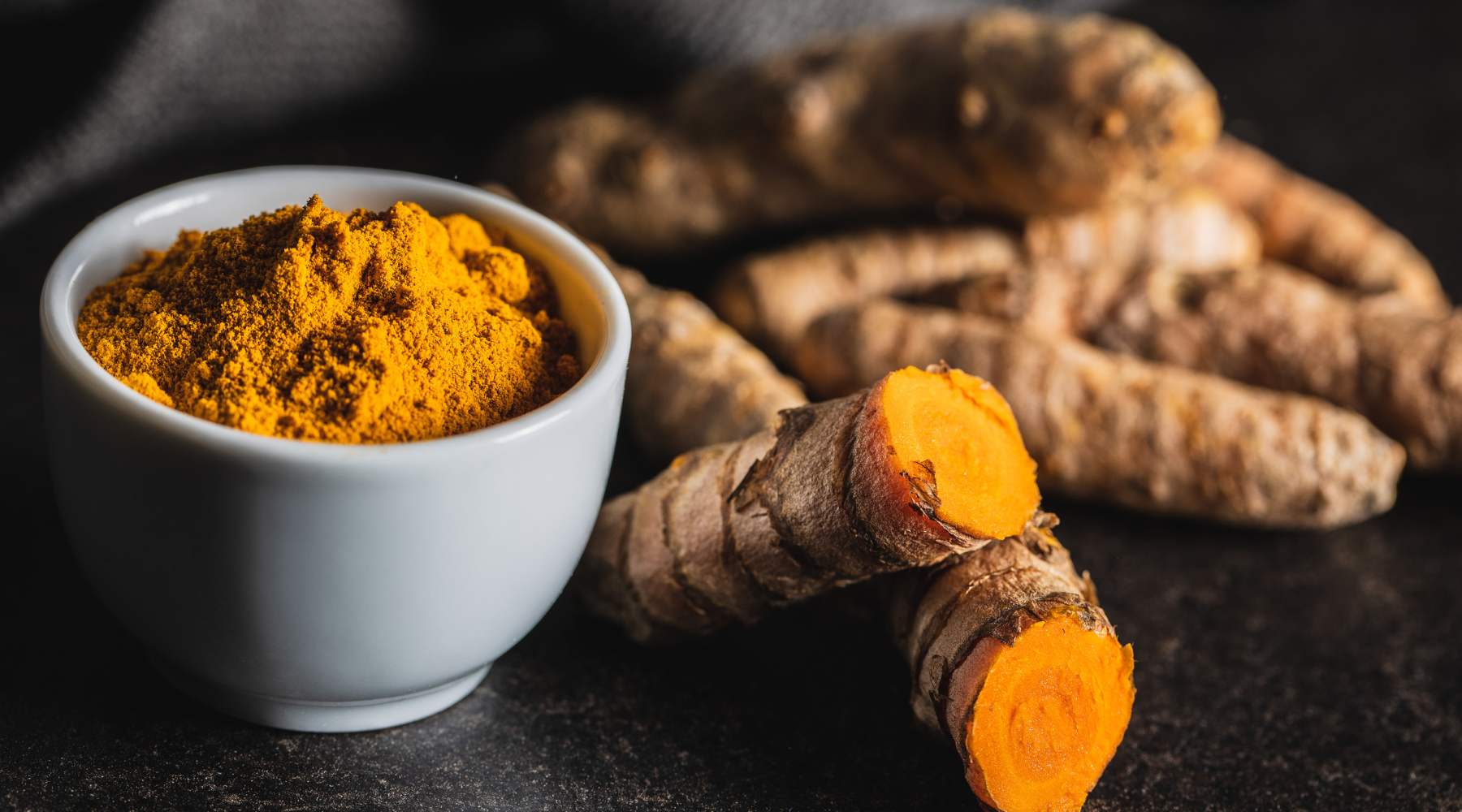
Top 10 Fiber-Packed Superfoods
Ensuring an adequate intake of dietary fiber can often seem daunting, particularly when one's preference for vegetables is lacking.
You might find it surprising to discover the variety of foods that are rich in fiber. But why is fiber so critical to our diet?
Maintaining sufficient levels of dietary fiber is crucial for a healthy lifestyle. Known also as roughage, dietary fiber comprises parts of plants, fruits, vegetables, legumes, and whole grains that our bodies cannot completely digest. As it travels through our digestive system, most of the fiber remains undigested until it reaches the colon or large intestine, where some types of fiber are fermented by microbiota.
A diet high in fiber can regulate bowel movements, soften stools, and support overall bowel health. Foods rich in fiber tend to be more satiating, which can help in maintaining a healthy weight.
Fiber is categorized into two types: soluble and insoluble.
Soluble fiber dissolves in water during digestion, forming a gel-like substance, and is found in oats, peas, beans, fruits, and barley. Insoluble fiber, on the other hand, does not dissolve in water and helps facilitate the passage of food through the digestive system. This type of fiber is present in whole wheat flour, nuts, and various vegetables like cauliflower, green beans, and potatoes.
To increase your fiber intake, consider integrating high-fiber foods into your meals and snacks, including smoothies. It's advisable to gradually increase your fiber consumption to allow your body to adjust.
Here are some high-fiber foods to include in your diet:
1. Edamame and Other Beans:Beans are a versatile source of fiber that can be added to soups, stews, and salads. Edamame, or steamed soybeans, are particularly high in fiber, providing 9 grams per half-cup serving. They are also a good source of plant protein and can even be used in baking to enhance the fiber content of cakes. |
 |
2. Broccoli:Often recognized for its high fiber content, broccoli is part of the Brassica plant family, which is rich in nutrients. With five grams of fiber per cup, it supports beneficial gut bacteria, contributing to a healthy digestive system. |
 |
3. Berries:Known for their antioxidant properties, berries are also rich in fiber. A cup of fresh blueberries offers nearly four grams of fiber. Strawberries, raspberries, and blackberries are also excellent sources of fiber and are low in calories. |
 |
4.Avocados:Compatible with a variety of dishes, avocados provide 10 grams of fiber per cup. They are also noted for their healthy fats. |
 |
5. Popcorn:As a whole grain, natural popcorn provides a gram of fiber per cup and can satisfy snack cravings without the added fats found in buttered varieties. |
 |
6. Whole Grains:Whole wheat bread, pasta, brown rice, and oats contain significant amounts of fiber. When choosing whole grain products, ensure that whole grains are listed as the primary ingredient.
|
 |
7.Apples:An apple provides about four grams of fiber and is a crunchy, healthy snack option. |
 |
8. Dried Fruits:Figs, prunes, and dates are high in fiber and contain sorbitol, a natural sugar that aids digestion. However, moderation is key as excessive consumption can lead to digestive discomfort. |
 |
9. Potatoes:All varieties of potatoes are good sources of fiber, especially when consumed with their skin. Opting for non-fried preparations can maximize their health benefits.
|
 |
10. Nuts:Sunflower seeds and almonds each contain more than three grams of fiber per serving. Opt for raw or dry-roasted nuts to avoid extra calories from oils. |
 |
Incorporating these foods into your diet along with inulin fiber can help you meet the daily fiber intake recommendations of 25 grams for women and 38 grams for men, as advised by the Institute of Medicine.


